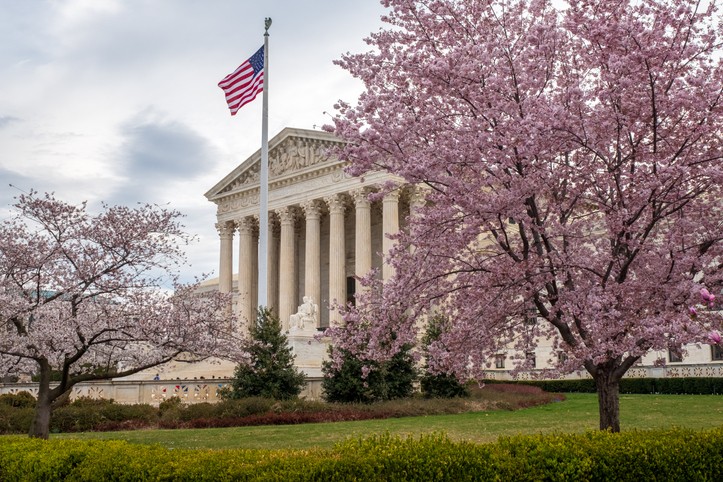
In a controversial move, 15 Republican state attorneys general have filed an amicus brief urging the Supreme Court to declare the Federal Communications Commission's (FCC) Universal Service Fund (USF) unconstitutional. The $8 billion program, which provides broadband and phone service subsidies to low-income households and schools, faces an uncertain future.
The challenge stems from a recent Fifth Circuit Court of Appeals ruling that deemed the USF an unconstitutional tax, despite seven court dissenters opposing this interpretation. The Supreme Court is scheduled to hear oral arguments on March 26.
The case originated from a lawsuit by Consumers' Research, an organization that focuses on reporting companies making efforts toward inclusivity. The Republican AGs argue that Congress should limit regulatory agencies' authority, even though the USF has historically enjoyed bipartisan support.
Notable opposition to this legal challenge comes from unexpected quarters, including traditional Republican telecom allies and former Trump FCC Chairman Ajit Pai, who view the attempt to dismantle the program as potentially harmful.
If the Supreme Court rules the USF unconstitutional, it could trigger congressional "reform" of the program. Some proposals suggest implementing new taxes on tech companies and streaming services, which could increase consumer costs for these services.
The outcome of this case could have far-reaching implications for millions of Americans who rely on the USF for affordable internet access, particularly in rural and low-income communities. The decision will ultimately determine whether federal efforts to expand broadband access to underserved communities can continue.
The broader context suggests this legal challenge aligns with recent efforts to reduce federal oversight of telecommunications companies and consumer protection measures at agencies like the FTC and FCC.
The Supreme Court's decision will shape the future of affordable internet access in America and potentially impact the government's ability to implement similar assistance programs.